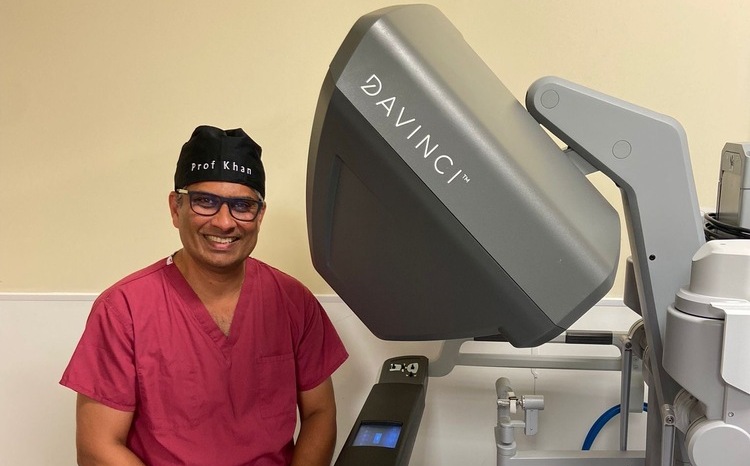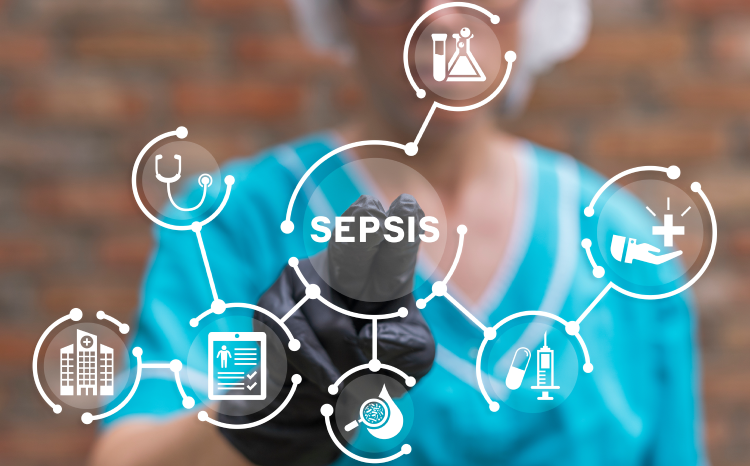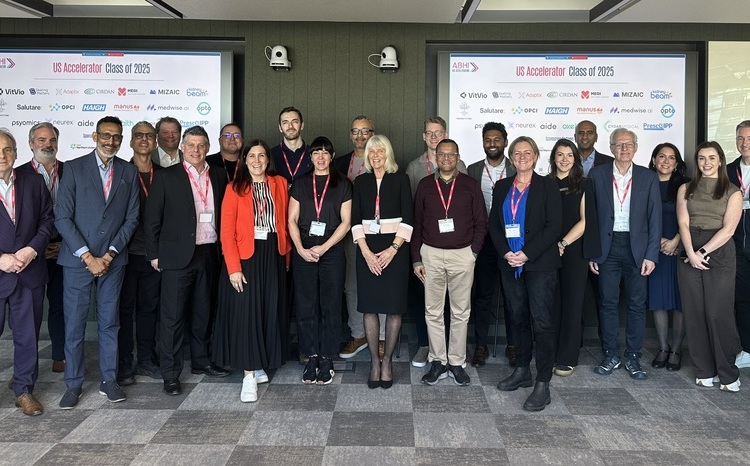Delivering a high standard of care relies on effective frontline communication. Recent headlines have suggested that many clinicians are turning to WhatsApp and other consumer-oriented instant messaging platforms – despite the risks to patient confidentiality and data security.
In fact, research recently published in the British Medical Journal found 97% of doctors routinely sent patient data on instant messenger, despite the fact that 68% were concerned about sharing data in this way. However, there is concern that instant messaging is more ingrained in NHS processes than this suggests.
To investigate the extent to which consumer IM applications have infiltrated the NHS, and the driving factors behind its surge in popularity; CommonTime commissioned an anonymised survey of 823 NHS staff across a range of functions. All age groups and regions under NHS England jurisdiction were represented, with participants from clinical, support, administrative and management roles.
In analysing and publishing the results, our aim is twofold. We want to bring attention to a major failing in the public sector IT marketplace that has allowed this to happen. Second, we want to highlight the communication needs of healthcare professionals so that solutions which work for governance teams & frontline staff alike can be found.
Download the white paper here to view the survey results in full
Instant Messaging in the NHS (In Numbers) from CommonTime on Vimeo.
See how CommonTime are revolutionising healthcare communications with Clinical Messaging.
Copyright: CommonTime Ltd ©2018
Contact CommonTime:
CommonTime Ltd,
15 St Christopher’s Way,
Derby, Derbyshire,
DE24 8JY
Telephone: 01332 368500
Email: info@commontime.com
Twitter: @CommonTime







